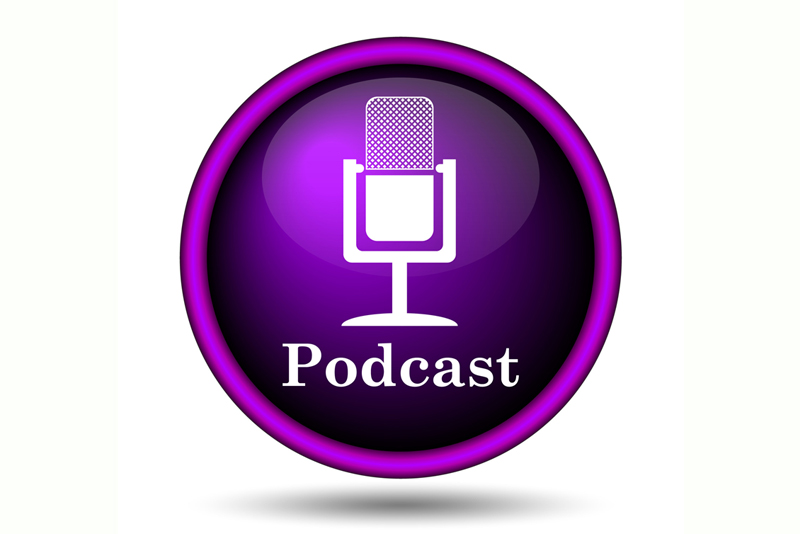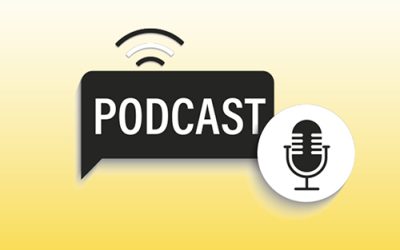Podcasts have emerged as effective medium for businesses to communicate with their audience. The advantage of this marketing tool is that it is a mobile medium that can people can listen to anywhere, at any time. It can be downloaded and replayed multiple times. Audio transcription services are available for podcasters looking to enhance online visibility. However, to succeed with this marketing medium, you need to avoid making certain mistakes. Here are some common podcasting mistakes and strategies to avoid them:
- Choosing a topic that is too broad: Not choosing a topic that caters to your audience is a necessary first step in podcasting. To select the right topic, research your audience. This can be done by mining data on social media, conducting surveys or focus groups and analyzing feedback received through customer service channels. This will help you develop content that will address the needs of your audience: how to overcome a challenge or problem, discuss answers to their questions, or talk about a topic they are interested in. While your topic should be as narrow as possible, make sure you can provide fresh, interesting content on it on a regular basis.
- Not using proper equipment: No matter how good your content is, using low-quality audio equipment can ruin all your efforts. While studio quality equipment is not necessary, good audio means each speaker is completely audible and the microphones pick up an accurate and clear vocal recording, free of echo. It’s also important that volume levels are consistent and that there are no crackling sounds or distortions in the audio.
- Inconsistency: Not publishing according to the predetermined schedule is a big mistake. If your audience expects a new episode from you on a certain day and it doesn’t appear, they will most likely switch to another podcast – an occurrence called “podfading”. However, while best practice is to publish episodes on a regular basis, there could be instances when you are forced to cancel. If you happen to miss an episode, explain to your listeners on the next one why you were late. Your dedicated audience will understand.
- Infringement: Copyright infringement in a podcast can occur in many ways – using a logo to sell or market the podcast, using copyright protected movie clips or music or even interviewing people without proper releases in place, etc. To avoid copyright violations, create original content. Ask right holders for permission to use their work. Make sure you know about the kind of material that you can use in your podcast without risk of legal problems.
- Publishing unedited podcasts: Editing is an essential part of the podcast production process. Your audience does not have time to listen to a rambling audio recording. Editing includes improving the audio quality and/or snipping unnecessary portions, and essentially removing things that may distract your listeners. There are many podcast editing tips and tricks available online, but don’t make the mistake of overdoing it. When done correctly, editing won’t even be noticed!
- Not including call-to-action: For effective marketing, every piece of content you post online should have a call to action. You can provide specific links to encourage your listeners to do something regarding the topic you covered and let you know about it such as: was what you shared useful to them, can they add to your list of tips, can they take action on a point you shared, etc.
- Not distributing to many podcast directories: Not submitting to as many podcasting directories as possible is a big mistake, according to www.searchenginepeople.com. One of the best ways to get more listeners is to submit it to more places people are listening from or where people are searching for podcasts. While iTunes is the most popular directory, there are several other sites that can help improve your podcast’s reach.
- Not choosing the best podcasting host: A podcast host offers benefits such as automatic feed distribution to major players like iTunes, Spotify, Google, etc. A regular shared host may not be able to handle multiple downloads of large audio and video files. The bandwidth demanded by multiple concurrent downloads of large media files can cripple the performance of a server that cannot perform the task. The best option for professional podcasters is to choose a host that has plenty of storage available.
Branded podcasts are trending. Well-produced podcasts offer businesses an effective way to connect effectively and building last relationships with their customers, employees and partners. A business transcription service provider can help you convert the audio recording into text format. Including keyword rich transcripts along with your podcasts will make your content easily searchable.




